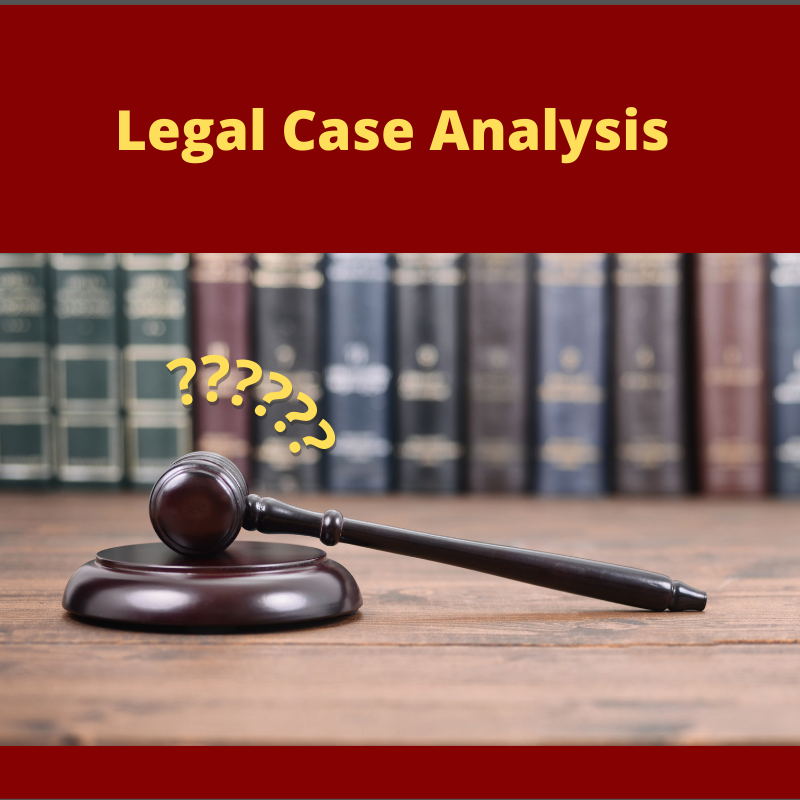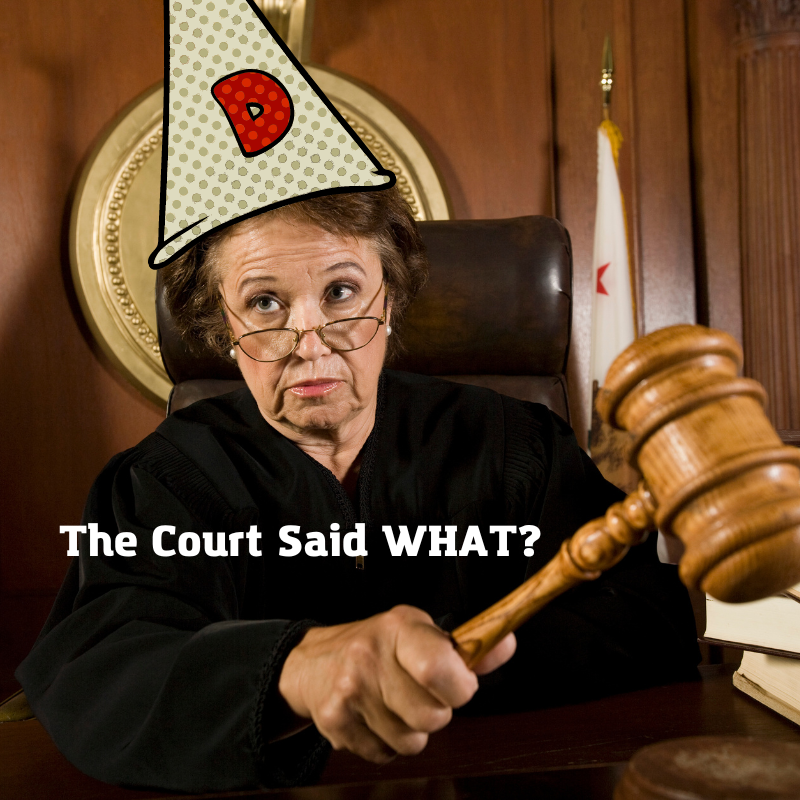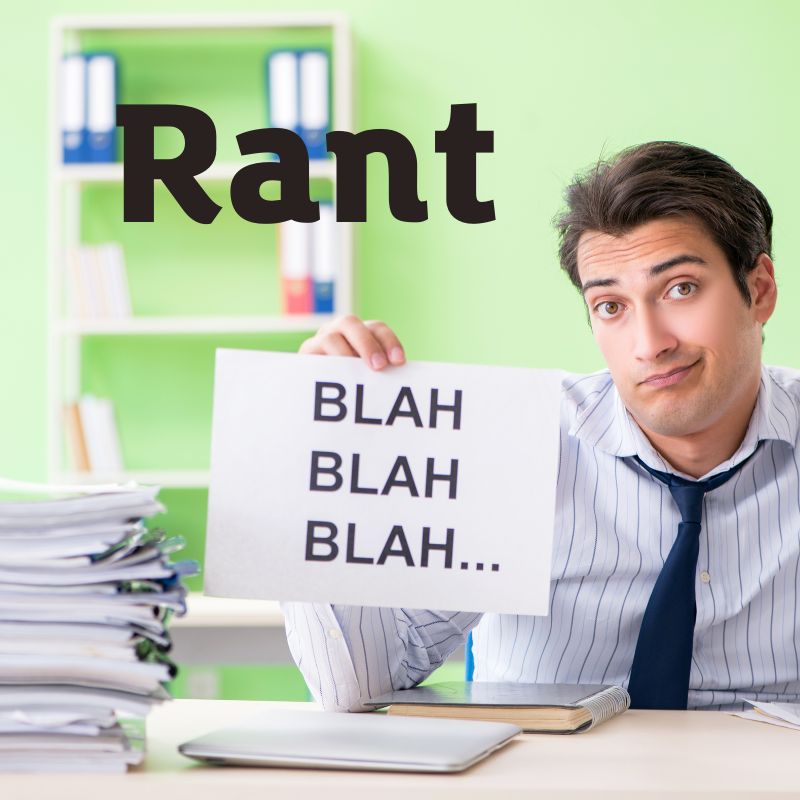Miller v. Bonta, Round 4, Ninth Circuit Court, FIGHT! -edited
 B.L.U.F.
B.L.U.F.
This is a challenge to California’s weapons ban. Judge Benitez used Heller, following the instructions of Bruen, and decided the case for the plaintiffs (good guys).
An analysis of the state’s request for an emergency stay pending appeal shows the state in nearly full on panic.
(2400 words)
It looks like this case has been up and down the ladder at least twice.
Judge Benitez gave the state 10 days to get a stay from the Ninth Circuit court. Theses are calendar days, per —Rules For Appellate Procedure (U.S.). This means that on the 29th of October 2023, the “Assault Weapons Ban” of California will be fully enjoined. People will once again be able to purchase rifles that have been banned for years.
Interestingly, they will not be able to purchase handguns that were excluded by the AWB. This is because none of the named AWB Pistols are on the handgun roster.
The state has filed for an emergency stay with the Ninth Circuit court.
To get a stay, the petitioner must meet the four Winters factors: the likelihood of success on the merits, irreparable injury, the balance of equity, and public interest. In Baird v. Bonta, the district court changed the order in which they weighted the four factors; they literally took them out of order. The Ninth Circuit then reversed the order (the legal statement of the court) of the district court. In plain language, the Ninth Circuit said that the inferior court got it wrong, and their (the Ninth Circuit) statement was the correct one.
In Baird v. Bonta, the Ninth Circuit reversed the order of the Winters factors used by the district court‘s order.
The district court abused its discretion by improperly applying the preliminary injunction standard.
As noted above, proper analysis of a preliminary injunction motion requires a district court to examine the Winter factors. The first factor—likelihood of success on the merits—is the most important (and usually decisive) one in cases where a plaintiff brings a constitutional claim, including a Second Amendment claim. Bruen did not change this multifactor preliminary injunction test, and the district court therefore abused its discretion when it deliberately skipped any analysis of the first Winter factor.
—Mark Baird v. Rob Bonta, No. 23-15016, slip op. at 9 (9th Cir.)
What does this mean to us? It means that anytime anybody requests a stay within the Ninth Circuit, the court must look at the merits first. If the likelihood of success on the merits favors the movementmovant (the person filing the motion), then the other three factors are considered.
In a civil rights case, any abridgment or infringement of a constitutionally protected right is, by definition, an irreparable injury. The balance of equity favors the protection of constitutionally protected rights. There is no public interest in enforcing an unconstitutional law.
This means that if the movementmotion is based on a constitutional challenge, if the movementmotion is likely to win on the merits, the other three factors favor the movementmovant as well.


